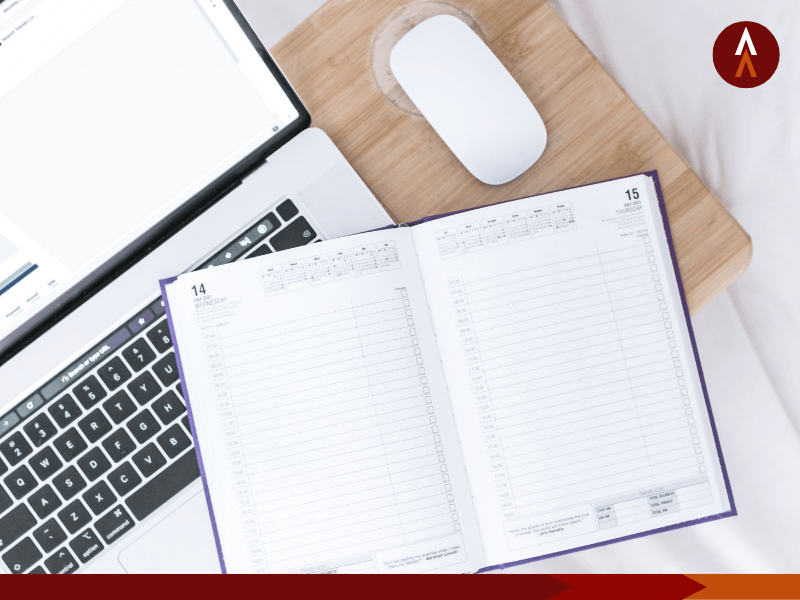
Procrastination is a common problem that can prevent us from achieving our goals and reaching our full potential. Whether we’re putting off a difficult task or simply finding distractions, procrastination can take a toll on our productivity and overall well-being. Fortunately, there are strategies and techniques we can use to overcome procrastination and increase productivity. In this blog post, we will explore some of the most effective strategies for overcoming procrastination and boosting productivity.
1. Identify the root cause of procrastination:
Procrastination can also be caused by other factors such as a lack of clarity about what needs to be done, poor time management skills, or even boredom. It is important to take some time to reflect on what is causing your procrastination so that you can address the underlying issue. Sometimes, simply acknowledging the root cause can be a powerful first step in overcoming procrastination. Additionally, it’s helpful to remember that procrastination is a habit, and like any habit, it can be changed with consistent effort and practice. It may take time and patience, but by addressing the root cause and implementing effective strategies, we can overcome procrastination and increase our productivity.
2. Create a schedule and stick to it:
Creating a schedule is an essential step in the fight against procrastination. By using tools like calendars, planners, or scheduling apps, we can plan out our tasks and deadlines, and gain a better understanding of how much time we need to allocate for each. This allows us to be more realistic in our planning, and avoid overcommitting ourselves. However, it’s crucial to keep in mind that our schedules need to be flexible to accommodate unexpected events, distractions, or simply the need for a break. Allowing for downtime is crucial for avoiding burnout and maintaining focus in the long run. Once we have created a schedule, it’s essential to stick to it as much as possible to build the habit of productivity. Even if we slip up occasionally, having a set routine to fall back on can help us get back on track quickly.
3. Use the Pomodoro Technique:
The Pomodoro Technique is a simple yet effective method for managing time and improving productivity. It involves breaking work down into 25-minute intervals, or “Pomodoros,” with short breaks in between. By breaking down work into short intervals, it can help us avoid distractions and stay focused on a task. The regular breaks in between Pomodoros also help prevent burnout and keep our minds fresh. Additionally, the Pomodoro Technique can be customized to fit our individual needs and preferences. For example, some people may prefer longer or shorter intervals, depending on the task at hand. It’s also possible to adjust the number of Pomodoros per day, depending on our workload and schedule. Overall, the Pomodoro Technique is a flexible and adaptable tool that can help us work smarter, not harder.
4. Practice self-care:
Self-care is an essential component of productivity that should not be ignored. It is important to take care of our physical and mental health, as it has a direct impact on our ability to focus, be energetic and motivated. Adequate sleep is crucial for our overall health and can improve our productivity by enhancing our memory and cognitive function. A healthy diet can provide us with the necessary nutrients and energy to sustain ourselves throughout the day. Regular exercise not only keeps us physically healthy but also releases endorphins that boost our mood and increase our motivation. Incorporating stress-reducing activities such as meditation or yoga into our daily routine can also help reduce anxiety and improve our ability to focus. Therefore, self-care should be a top priority in our quest to overcome procrastination and increase productivity.
5. Hold yourself accountable:
Accountability is not only a powerful motivator but also a fundamental principle of productivity. It helps us stay committed to our goals and create a sense of urgency to take action. Setting goals and deadlines is the first step towards accountability. It’s crucial to set SMART goals that are specific, measurable, achievable, relevant, and time-bound. Once we have defined our goals, we can share them with others. This creates a sense of external pressure and social accountability that can encourage us to follow through on our commitments. In addition, we can use productivity apps or accountability groups to track our progress, receive feedback, and support from others. These tools can be a game-changer in keeping us accountable and on track towards achieving our goals.
Procrastination can be a challenging obstacle to overcome, but with the right strategies and techniques, we can increase our productivity and achieve our goals. By identifying the root cause of our procrastination, creating a schedule and sticking to it, using the Pomodoro Technique, practicing self-care, and holding ourselves accountable, we can develop the habits of productivity and overcome procrastination. Remember, overcoming procrastination is a journey, and it takes time and effort to build new habits. Be patient and persistent, and you’ll be on your way to greater productivity and success.
Other Resources
- The Pomodoro Technique website
- How to Beat Procrastination: Tips and Strategies for Getting Things Done – from Harvard Business Review
- The Procrastination Research Group – a research group studying procrastination and its effects
- Self-Care for Productivity: How to Take Care of Yourself and Get Things Done – from The Muse

